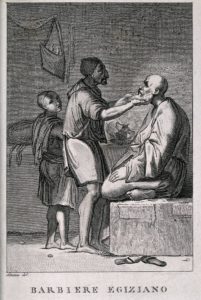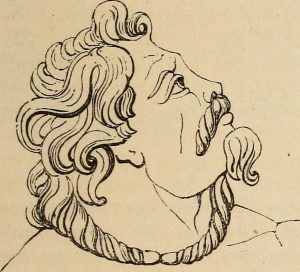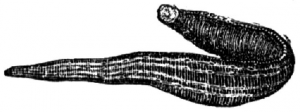The ancient craft of barbering has a history so deep, fascinating and influential that many industries could only study and envy. Whether examining the history of a barbershop as a public forum or a retreat or barbers themselves as early surgeons and dentists – the role of the barber has profoundly affected the development of society from Ancient Greece, Rome and beyond. The journey from Neanderthal man shaving his face with sharpened flint to being offered a selection of single malts at a luxurious barber shop today has seen the barber enjoy varying status in society, including being buried with solid gold razors in Egyptian tombs so kings could remain well-groomed in the afterlife.
We have scoured the history of barbering and turned up 6 surprising facts about barbers that didn’t know:
1. The work barber derives from the latin word barba, meaning beard. In various ancient cultures beards signified wisdom, strength, and manhood.
2. Barbering was around from well before year dot! Ancient Egyptian tomb paintings show a barbers cutting hair and relics of razors date back nearly 6,000 years.
3. Barbers In Egypt and other ancient cultures (as early as 3500 BC) were often priests who specialised in fending off evil spirits by trimming, styling and shaving the hair which they believed acted as a channel for demons to enter the body.

Egyptian barber shaving a man whilst a boy looks on, possibly willing the onset of puberty so that he too, might have a place in the chair
4. Before the development of more modern medicine barbers of the Middle Ages also treated wounds, performed surgery and amputation as well as leeching and dental work.
5. An early shampoo by the name of lotium was ecologically produced from stale urine.

These days a bucket full of Urine would not as valuable as its liquid gold form suggests
6. The World’s oldest surviving barbershop is Truefitt And Hill in St James ‘s Street in London (https://www.truefittandhill.co.uk).









